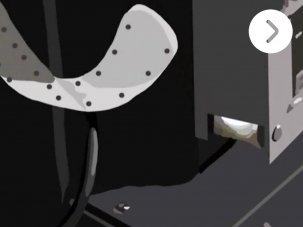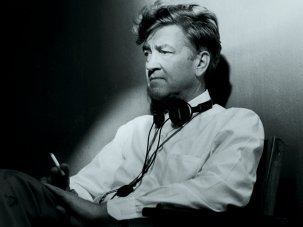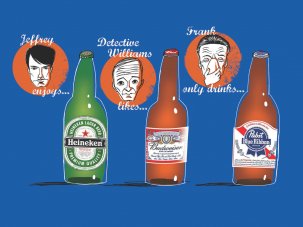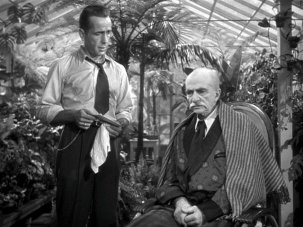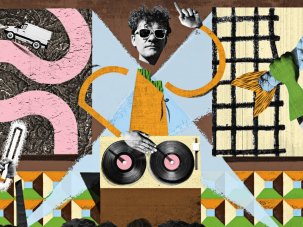Web exclusive
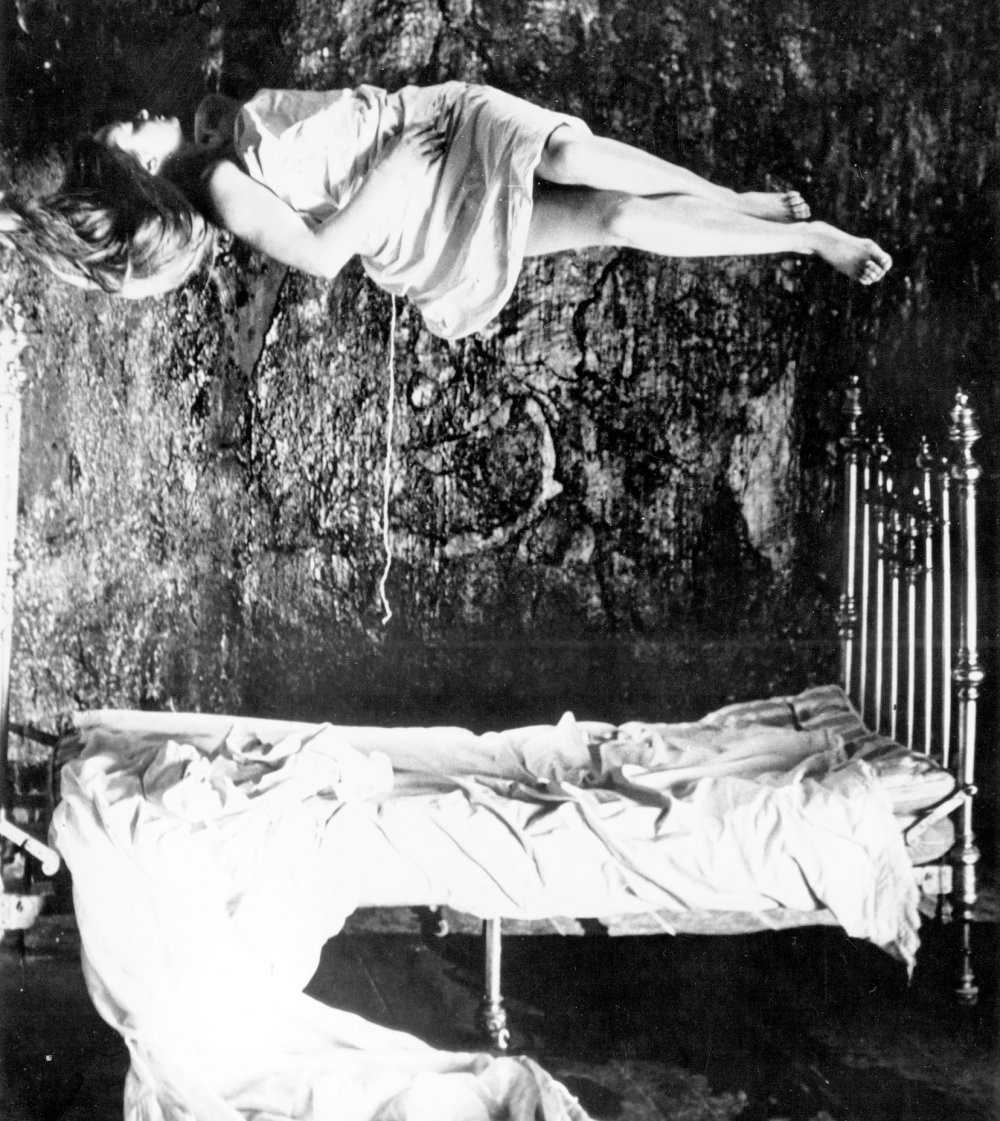
Mirror (1974)
While looking through some vinyl LPs recently, I came across an unfamiliar Leonard Cohen album, Leonard Cohen: The Illustrated Man. To my surprise, it contained a song about Barbara Loden, director, screenwriter and star of Wanda (1970), among the most unjustly neglected American films of the 70s. Cohen’s song, entitled simply Barbara Loden, described his search for traces of Loden’s imagery and personality in the modern world, and name-checked Jonathan Rosenbaum, an enthusiastic supporter of her work. The song’s opening line was, “Barbara Loden, Barbara Loden, why’d you have to come so far?”
If all this sounds too good to be true, that’s because it isn’t. My discovery of this obscure Cohen album occurred not in reality, but rather during a dream.
Given the frequently observed similarity between dreaming and watching films – two activities which, at least traditionally, have taken place in darkness – it is hardly surprising that those of us whose lives have, to greater or lesser extents, been dedicated to the cinema often find our dreams haunted by cinephilic concerns.
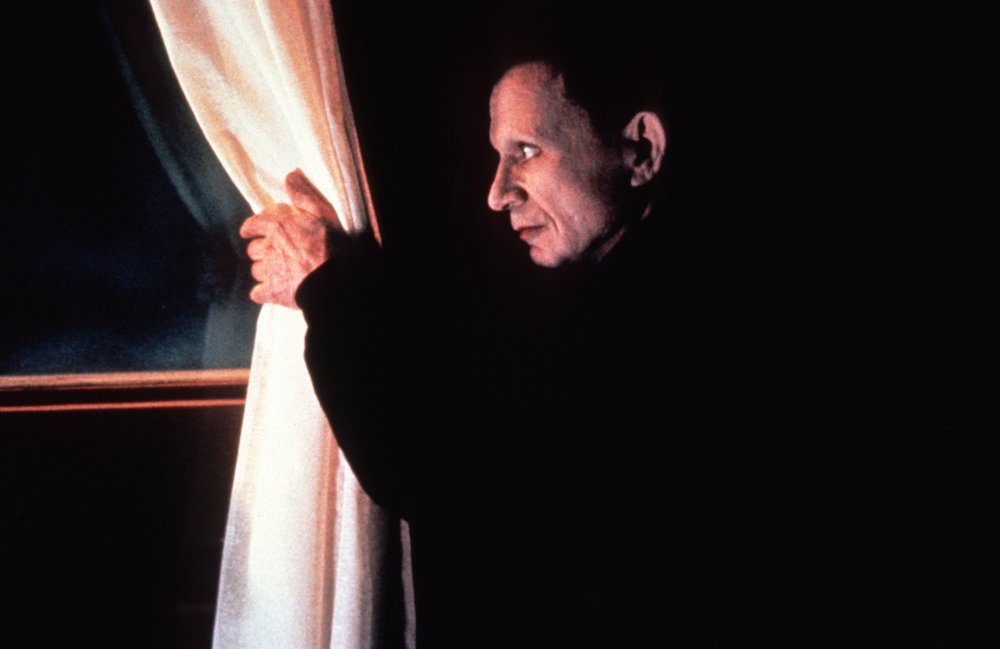
Lost Highway (1997)
Another dream I vividly recall involved my working, in some vaguely defined way, with David Lynch on a film he was about to shoot in an enormous house where he also appeared to be living. The house was decorated with images of white picket fences and Francis Bacon-style paintings, and I was sitting next to Lynch on a couch explaining to him how these clashing images would help suggest the divided nature of his protagonist.
Lynch kept offering me melted chocolate snacks, but every time I tried picking one up, it fell onto the floor, and Lynch became increasingly angry about the mess I was making on his carpet. What fascinates me now is that my role in this dream erased the line between critic and artist, suggesting I regarded criticism as a creative act involving active collaboration with the filmmaker – though something about the process seemed to be constantly eluding me, slipping through my fingers.
When I asked several fellow cinephiles to share their film-related dreams with me, the results were fascinating, poetic and frequently very funny. Adrian Martin told me he once dreamed of Nanni Moretti and Philippe Garrel merging and swapping identities, thus becoming Morrel and Garetti (“Which,” he noted, “sounds like a comedy duo…”). Garrel also turned up in Catherine Jessica Beed’s recollection of “a dream (in which) Garrel was my dad and we were watching Cam Archer’s film Shit Year (2010) on a tiny little TV. My bro Louis was there too.”
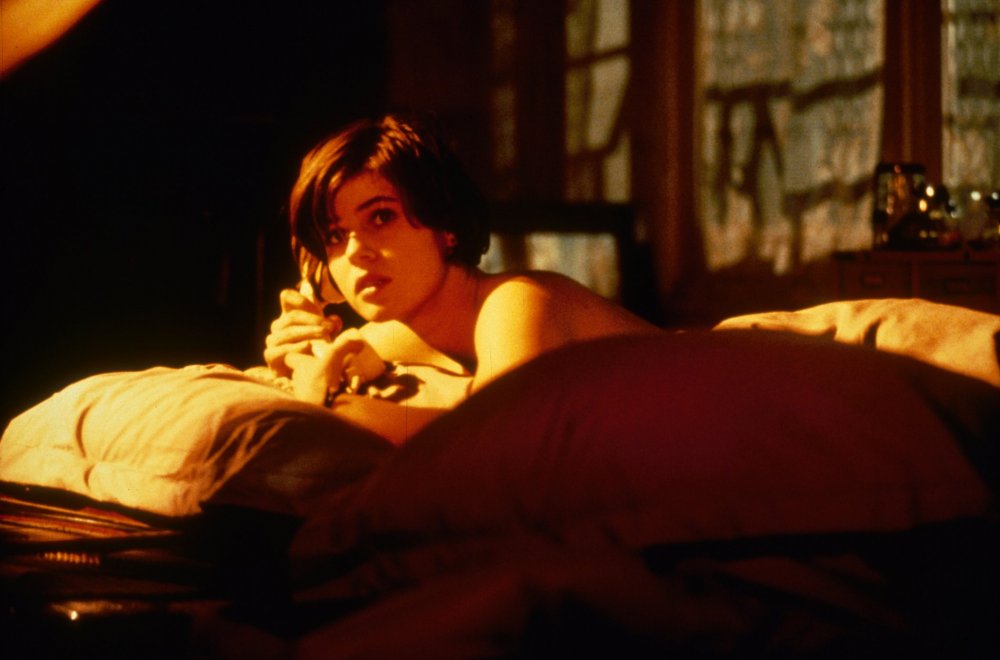
The Double Life of Veronique (1991)
Claudia Siefen revealed that “Regularly I find myself in the snow/opening scene of Jeremiah Johnson (1972), and I don’t even like horses,” while Lee Hill remembered dreaming about Stanley Kubrick’s Full Metal Jacket (1987) and Eyes Wide Shut (1999) remodelled as one long dystopian epic (“I was very tired on the commute to work, to say the least”).
According to Surbhi Goel, “I often dream of being in The Double Life of Veronique (1991) as a witness who helps in recalling the life of Weronika to Véronique. Another dream is that I am all the characters in Andrei Tarkovsky’s Mirror (1974), even the voice. Tarkovsky makes an appearance in my dream and corrects the angle of my head while I am talking to myself.”
And Heather Drain informed me that she “once had an especially vivid dream of buying and renovating an old movie theatre out in the desert, complete with an old crimson velveteen curtain and a weird corridor that connected to a part of the building that was never used in the past for film-going purposes. Before I woke up, I was making arrangements to try and secure an old horror or sexploitation film to be the theatre’s grand debut in the new age.”
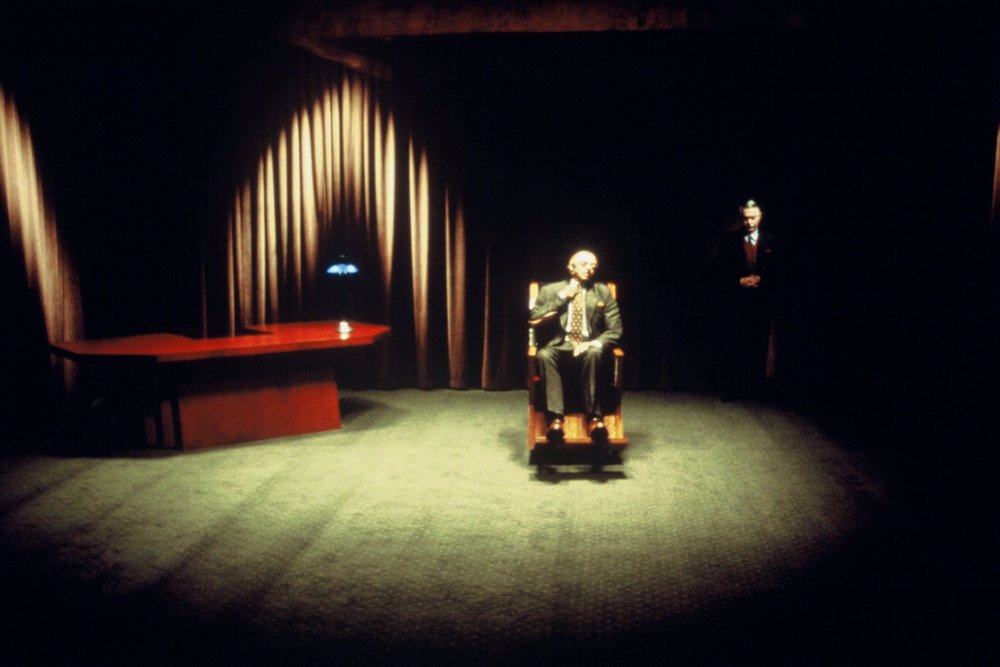
Mulholland Dr. (2001)
Among the most resonant of these hallucinated recollections was Tim Lucas’s account of a dream in which he was “in a foreign land visiting a dusty but exotic bazaar. There were all sorts of fabrics, trinkets and baubles, none of which interested me very much, but then my eye was caught by a stack of old scrapbooks under one of the tables.
“I sat down on the dusty ground and opened one. It was full of colour stills of stars and scenes from Hollywood’s black-and-white era. The other volumes seemed to contain more of the same, but different. As I picked up one of the scrapbooks, I happened to glimpse just enough of the interior to realise that it was the volume documenting classic horror in colour. I had an almost subliminal glimpse of Lon Chaney in London after Midnight (1927) in full colour.
“None of the images had ever appeared anywhere before, and they promised to be of full-page portrait quality. I hugged the book to me because I knew it was a rarity I could not afford to buy and take with me and would never find again. So I resolved to sit there and drink in each image as an indelible, precious memory.
“I opened the book and there was the image I wanted to see most: Boris Karloff as the Frankenstein Monster… But, before I could give it the good look I intended, my eye was drawn to the caption at the bottom of the page. It said “Boris Karloff in Frankenstein (1933).” I knew, even in my dream, that Frankenstein was a 1931 picture, and the wrong note woke me up. I didn’t get to see anything.”
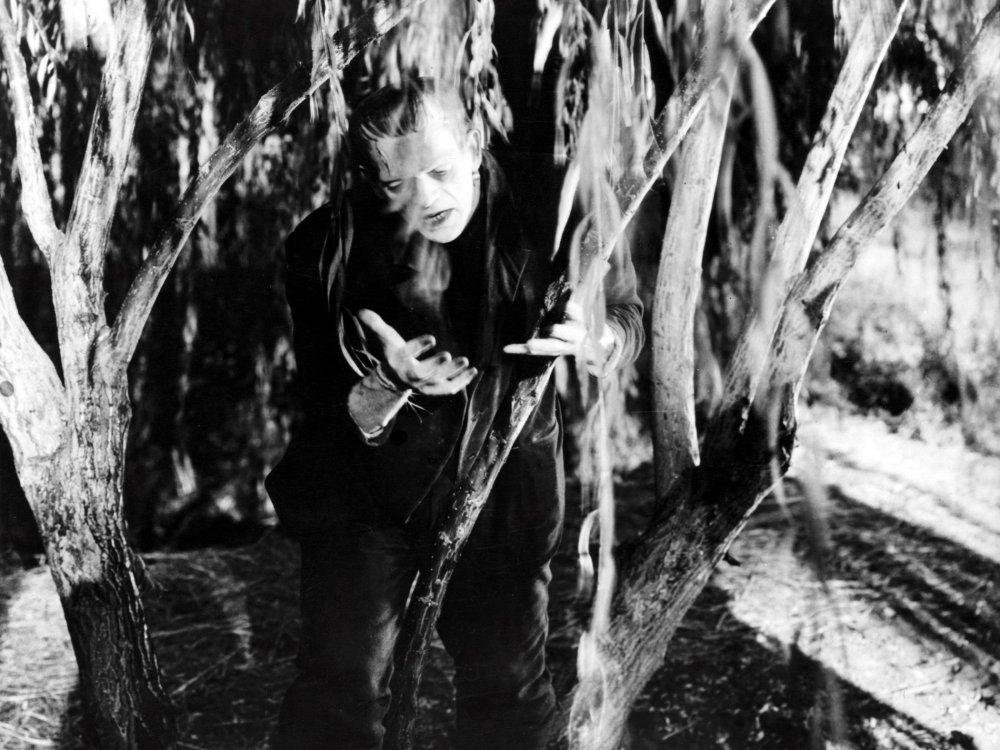
Frankenstein (1931)
This sense of loss or frustration has made itself felt in several of my own dreams. The night after I bought a DVD of Roman Polanski’s Carnage (2011), I dreamed that what I’d purchased was actually a scratched VHS tape containing a panned-and-scanned transfer of this widescreen film.
Anxieties about changes in cinematic technology may well be at the root of such fantasies, but it is nonetheless reassuring to know that the increasing tendency to integrate movies into everyday life – with cinema often being experienced via devices which accompany us on our daily travels – has not severed the link between film-viewing and dreaming.
-
The Digital Edition and Archive quick link
Log in here to your digital edition and archive subscription, take a look at the packages on offer and buy a subscription.




